Manchester United's struggles in the Premier League show no sign of abating. A disheartening loss to Brighton marked their third defeat in just five games this season, leaving them with a mere six points out of a possible 15. The Red Devils now find themselves languishing in the lower half of the table and could potentially sink even further down after today's matches.
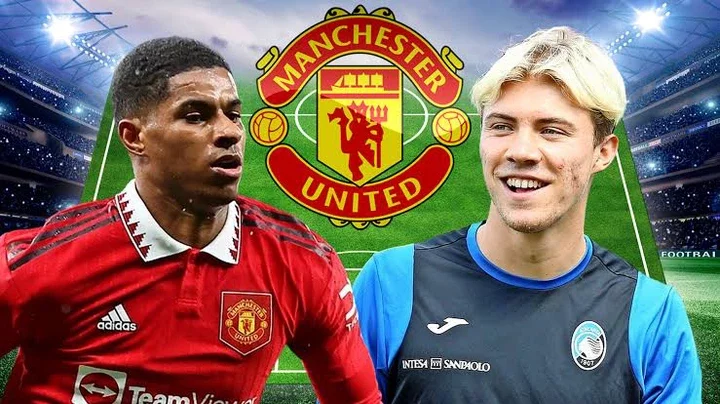
The absence of Antony and Sancho, who are usually deployed on the wings, led many fans to anticipate the inclusion of Pellistri and Garnacho. However, Erik Ten Hag surprised everyone by deviating from his customary 4-2-3-1 formation to employ a 4-1-2-1-2 formation. The primary motive behind this tactical shift was to forge a partnership between Rashford and Hojlund, a striking duo that promised much but ultimately floundered. Here are three compelling reasons why the Rashford-Hojlund partnership won't be productive.
1. Lack of Creative Playmakers
While both Hojlund and Rashford possess a penchant for scoring goals, an effective partnership between two strikers hinges on the presence of creative playmakers in the team. Ten Hag's lineup featured only Bruno Fernandes and Erikson as the primary creative outlets, making it challenging to fashion scoring opportunities for the frontmen.
2. Rashford's Selfishness
Marcus Rashford's talent is undeniable, but at times, his propensity for selfish play becomes apparent. In the match against Brighton, Rashford had several opportunities to set up Hojlund but opted to go for goal himself, squandering potential assists.
3. Competition for the Golden Boot
Last season, Marcus Rashford was a frontrunner in the race for the Golden Boot, vying with Haaland for the prestigious title. However, the arrival of Hojlund has shifted expectations, with fans anticipating him to be the primary goal scorer. This change in dynamics has raised questions about Rashford's role and may have contributed to his decision-making on the pitch.
As Manchester United grapples with their league struggles, it's evident that the Rashford-Hojlund partnership needs refinement and better integration into the team's overall strategy to yield positive results.

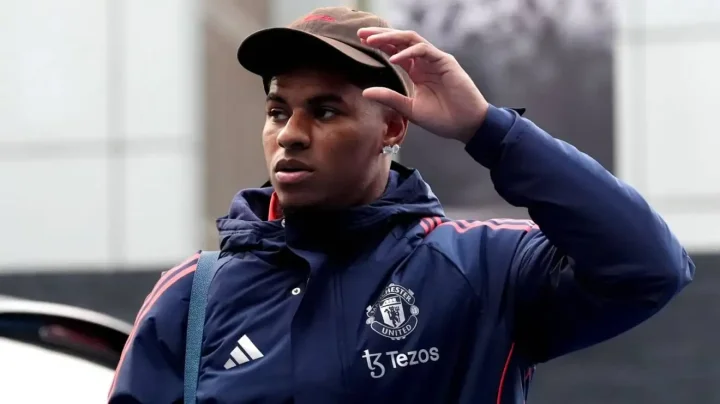
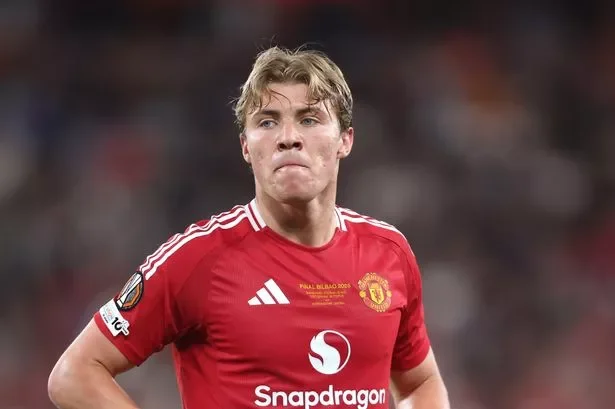
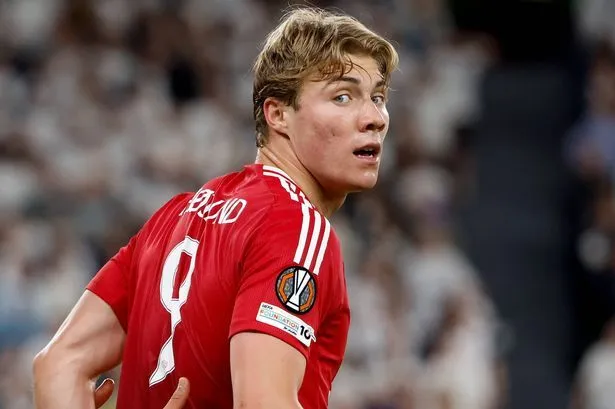

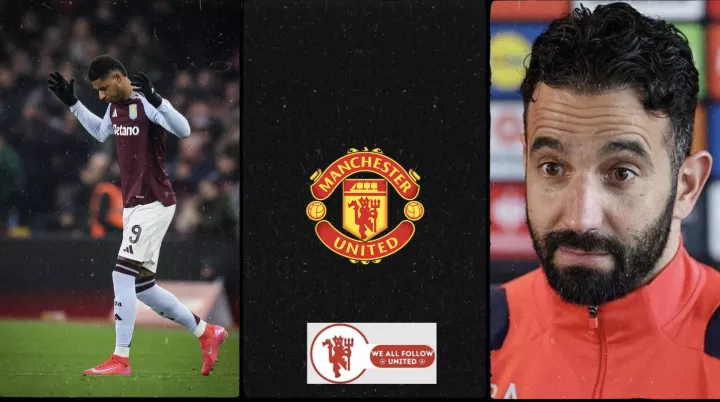

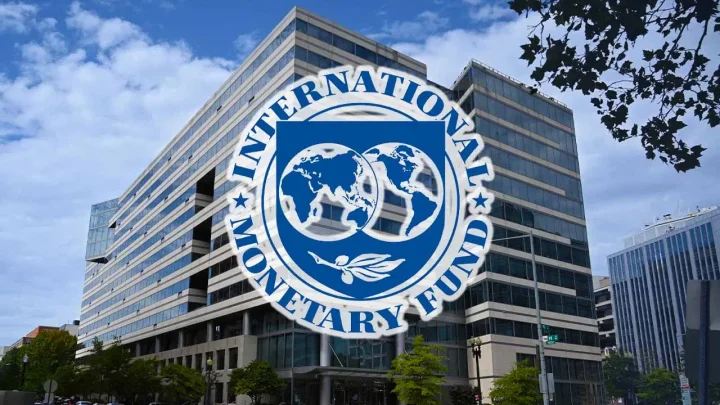




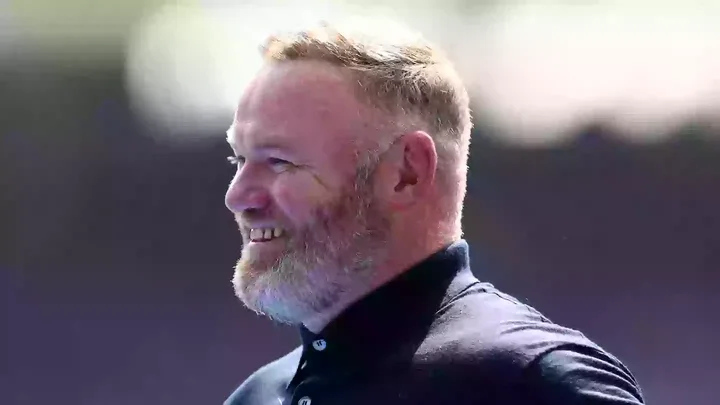




Comments